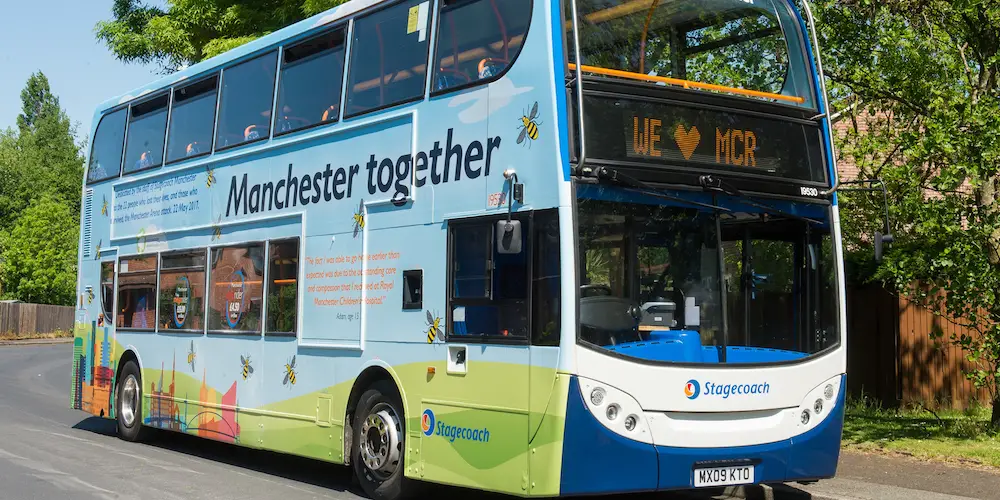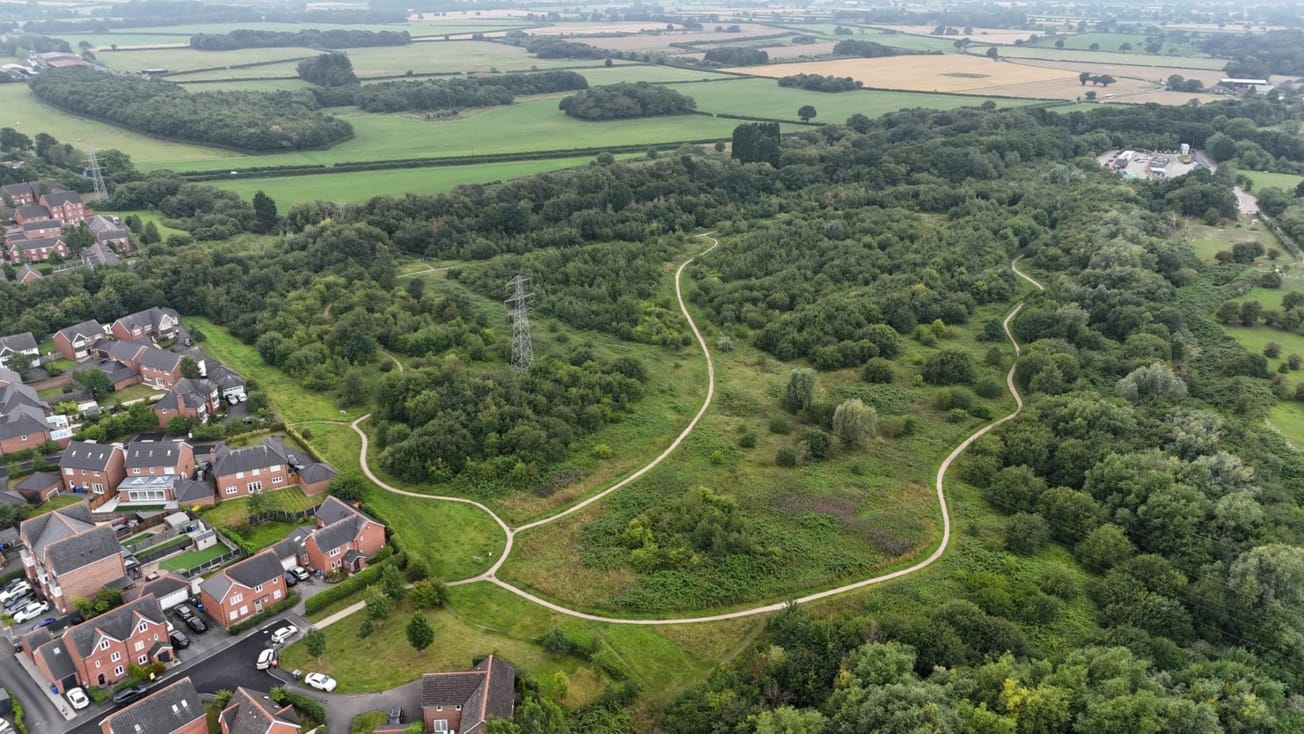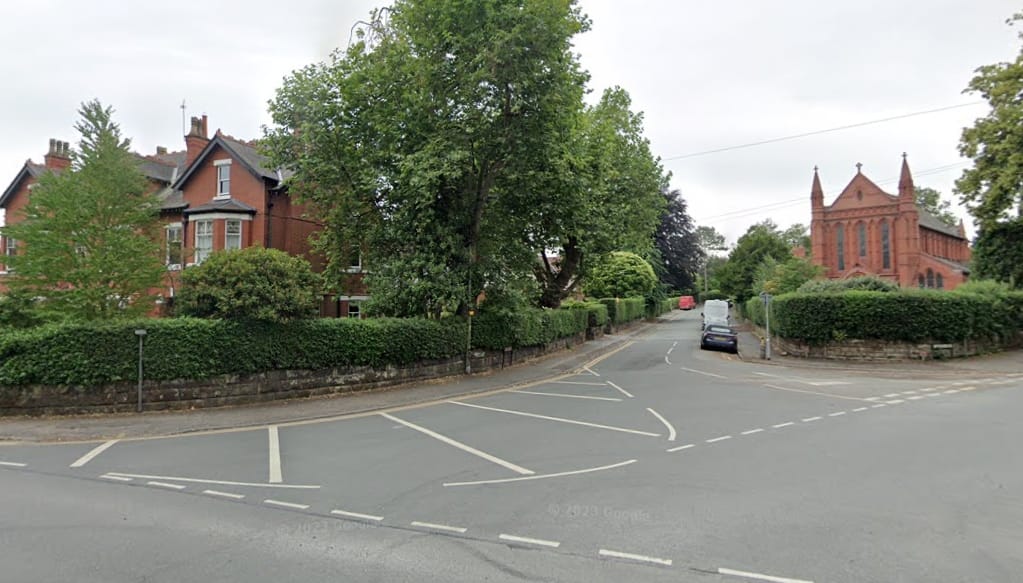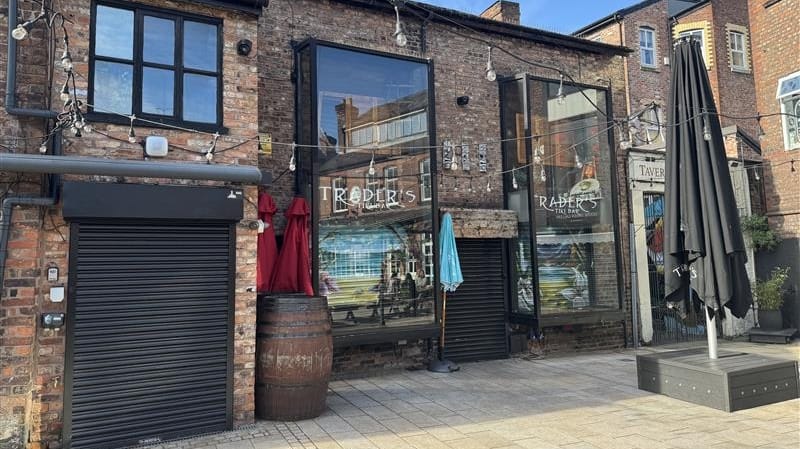The proposal, backed by Mayor of Greater Manchester Andy Burnham, to introduce 105 new “green e-buses” could be implemented between 2019 and 2020 under new partnership plans.
If approved, Greater Manchester would receive Europe’s largest ever single investment in electric buses and also benefit from a huge boost for the region’s air quality.
Martin Griffiths, Chief Executive of Stagecoach Group, said: “This game-changing initiative is the biggest single investment in e-bus technology anywhere in Europe. It is a clear sign of our bold ambition to transform Greater Manchester’s bus network.
“Our plans will put Greater Manchester at the forefront of the drive to improve local air quality, and help cement Britain’s position as global leader in manufacturing low-emission vehicles.
“It is also part of our wider partnership proposals to maximise the potential of the bus network to drive the region’s economy and better connect its communities.”
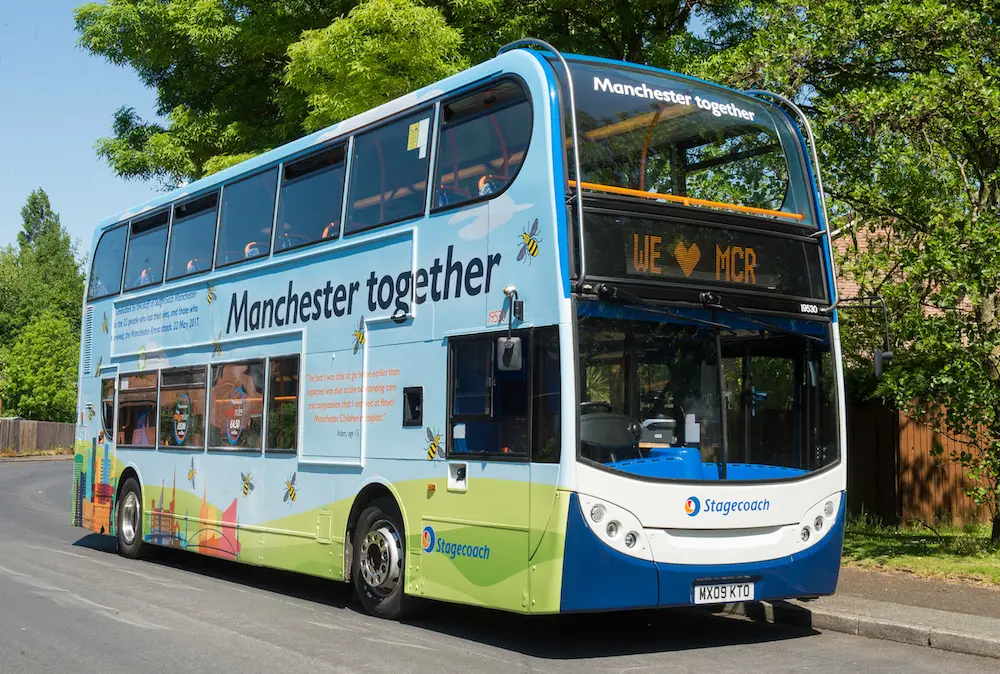
Stagecoach, Britain’s biggest bus and coach operator, has pledged to invest £34.6m in the ground-breaking project, backed also by Transport for Greater Manchester and other key organisations.
The plans are dependent on support funding of £21.5m from the Government’s recently announced Ultra-Low Emission Bus Scheme, which aims to cut emissions and ensure cleaner and greener journeys.
Martin added: “By working together, bus operators, the Mayor and the region’s local authorities can deliver the quick and sustained improvements we all want to see in Greater Manchester’s bus network, building on the major progress we’ve already made and avoiding unnecessary extra costs to local taxpayers.”

Around 15-20 buses would be introduced a month from summer 2019, with a full rollout achieved by early 2020. Infrastructure works would begin in the autumn of 2018 and be fully completed by spring 2019.
Stagecoach is already the UK’s biggest investor in hybrid-electric bus technology and has invested more than £1billion in new greener buses over the past decade.
The new e-bus fleet for Manchester would significantly outstrip plans recently announced by London Mayor Sadiq Khan for 68 new electric double-decker buses in the capital.
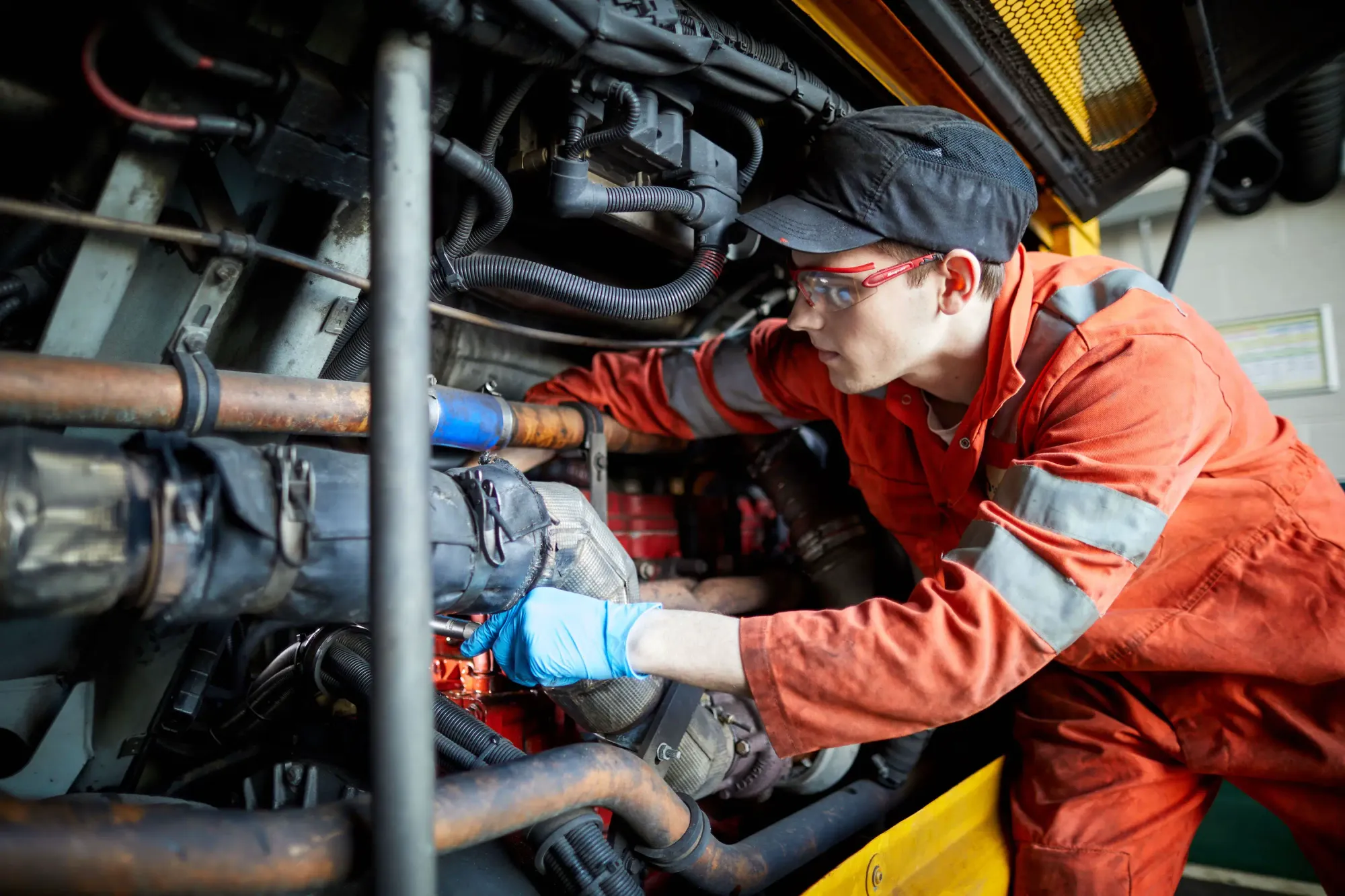
The new e-bus fleet for Greater Manchester offers a 62% improvement in CO2 emissions over the latest low-carbon emission buses and supports the region’s Air Quality Action Plan. Overall, the initiative would save 2.6 million litres of diesel a year, reduce annual CO2 by 6,800 tonnes, and cut NOx emissions by 24% and particulates by 20% across the fleet.
Around 15-20 buses would be introduced a month from summer 2019, with a full rollout achieved by early 2020.
The planned infrastructure works would begin in the autumn of 2018 and be fully completed by spring 2019, allowing buses to be charged simultaneously to enable 24 hour-a-day operation.
The e-bus fleet would operate four key high-frequency services connecting Manchester city centre, Manchester Airport, Manchester Piccadilly railway station, six hospitals and two universities.
The initiative would also help accelerate the introduction of e-buses across Europe. There are currently around 725,000 buses in operation across Europe, but only an estimated 2,500 of those are fully electric.

